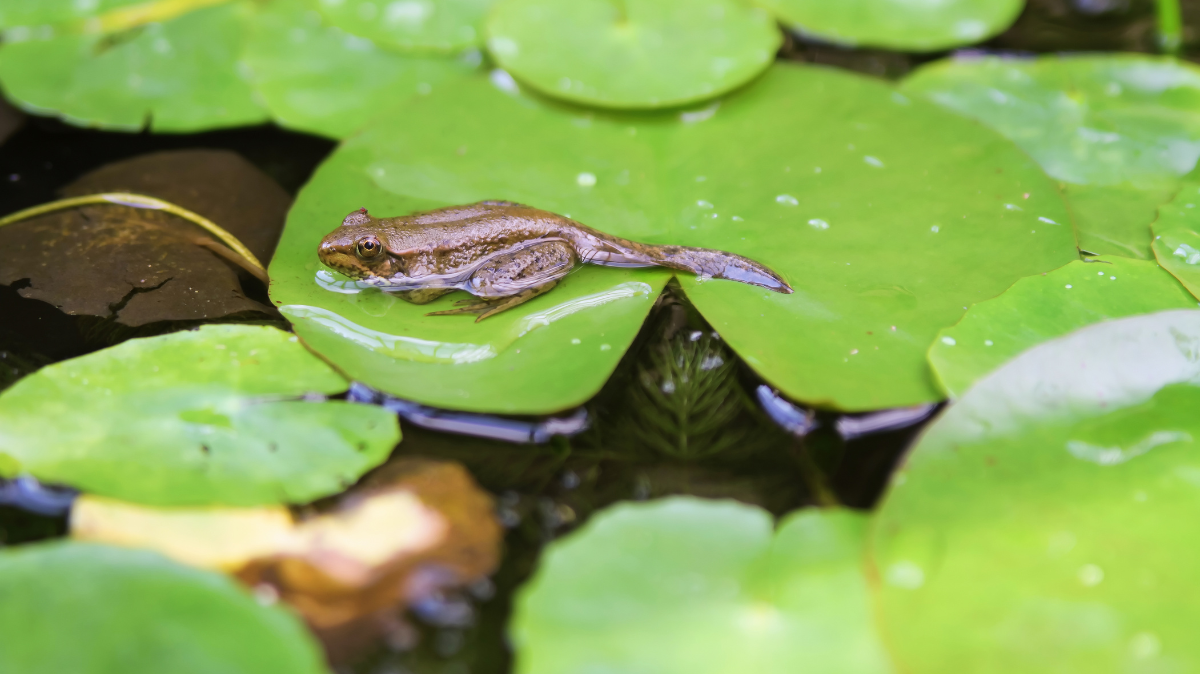The Aquatic Ecology Hub (Eco Hub) is dedicated to advancing the protection, sustainable management, and restoration of both natural and human-altered aquatic ecosystems.
Our interdisciplinary research, education, and engagement activities support biodiversity and enhance human well-being through innovative approaches such as nature-based design, integrated water management, and sustainable fisheries.
Our work addresses critical challenges like invasive species, water quality, and coastal resilience. A current focus of the Eco Hub is defining and understanding the unique transitional ecosystems between rivers and the Great Lakes—vital zones that play a key role in ecological connectivity and water resource sustainability.
Hub co-leads: Elena Litchman, Integrative Biology, Plant Biology, and W.K. Kellogg Biological Station and Ethan Theuerkauf, Department of Geography, Environment, and Spatial Sciences.
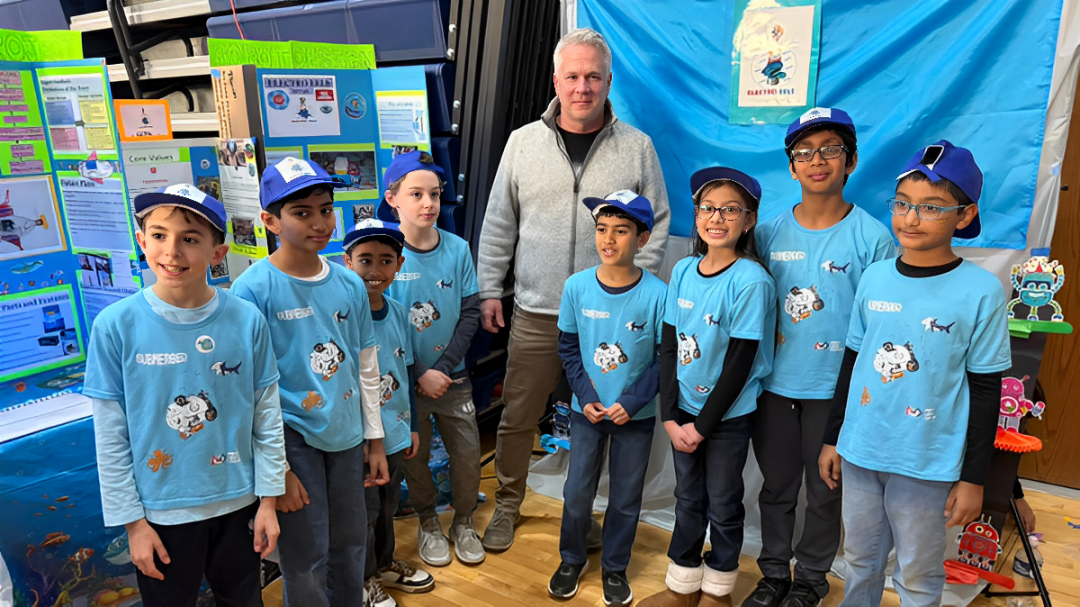
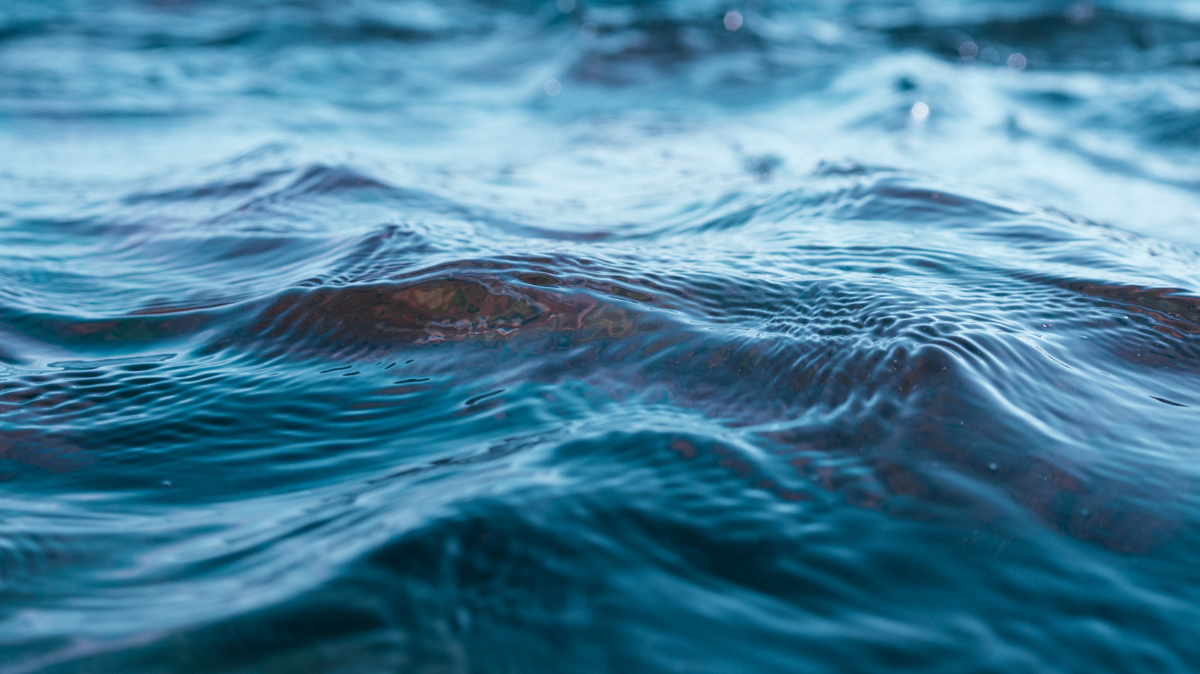
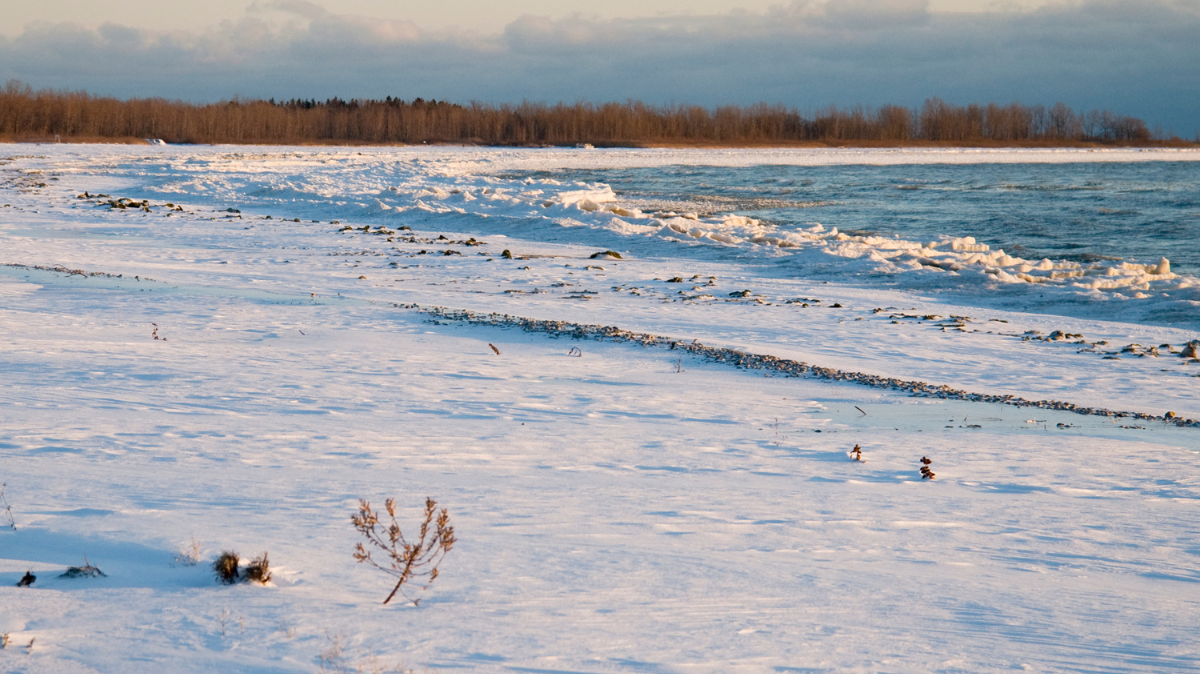
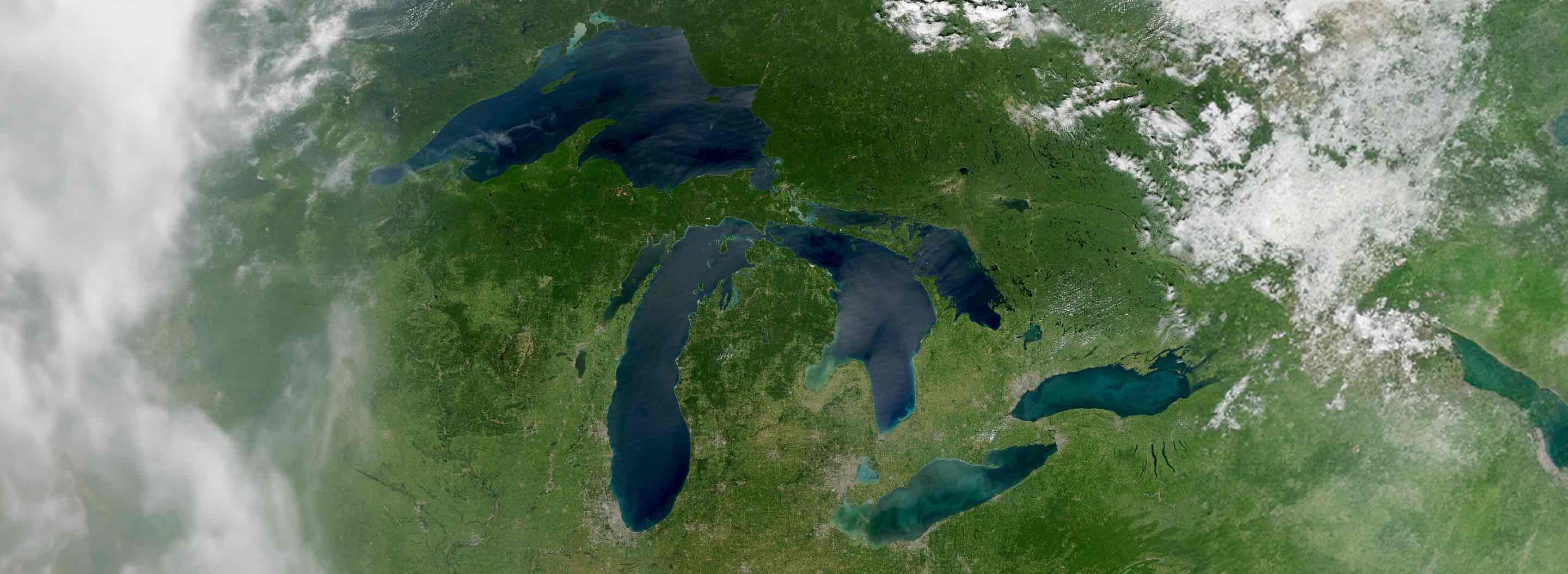
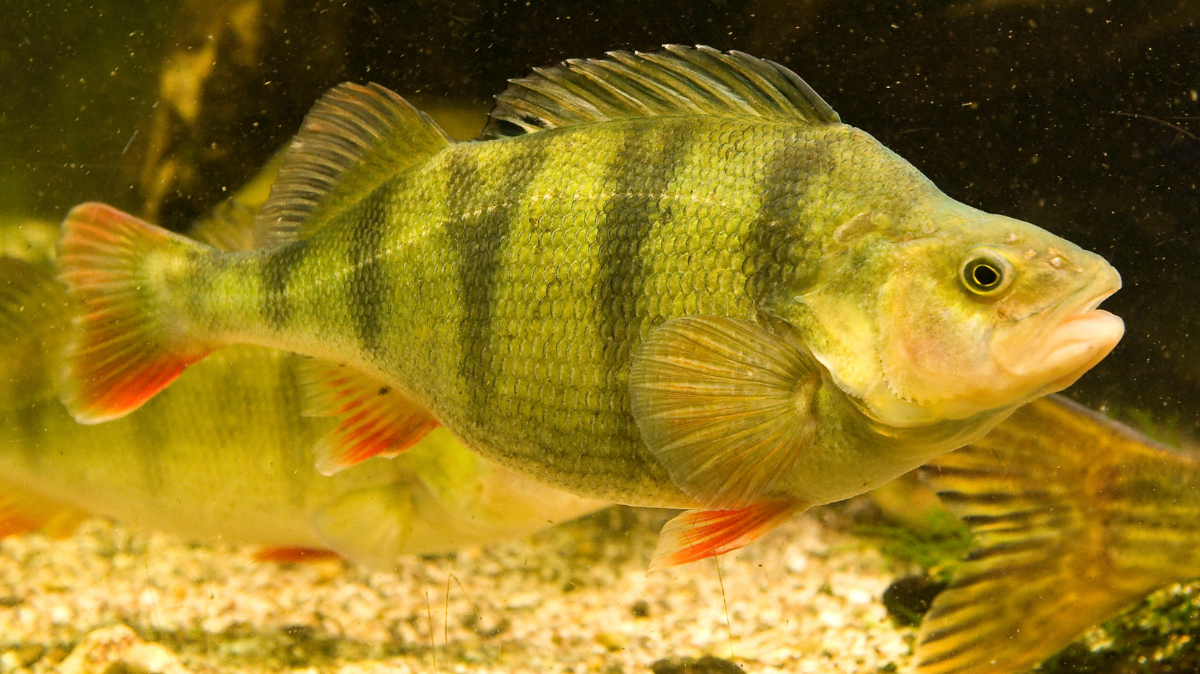
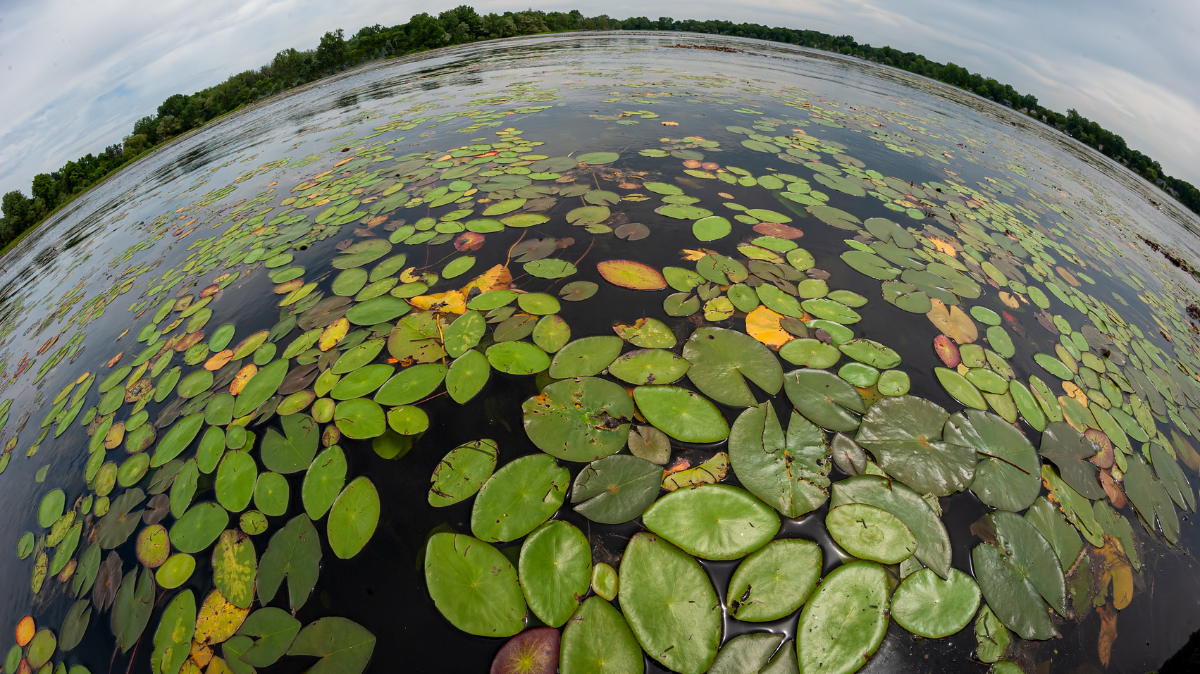
Explore Aquatic Ecology Stories
- Spartans Making A Difference: From farmland to faucet
- Spartans Making A Difference: Sea pests, smart tanks, and digital defense
- Spartans Making A Difference: Disappearing beaches and phosphorus overload
- New report explores the long-term costs of relying on institutional controls in responding to groundwater contamination
- MSU research: Warming lakes and rivers may spread fish pathogens
- Waves, wind and weather: MSU scientists protect Michigan coastlines
- MSU, DNR Partner to Protect Lake Sturgeons from Extinction
- Water Alliance Leads Project Hailed as ‘Holy Grail’ of Invasive Species Control
